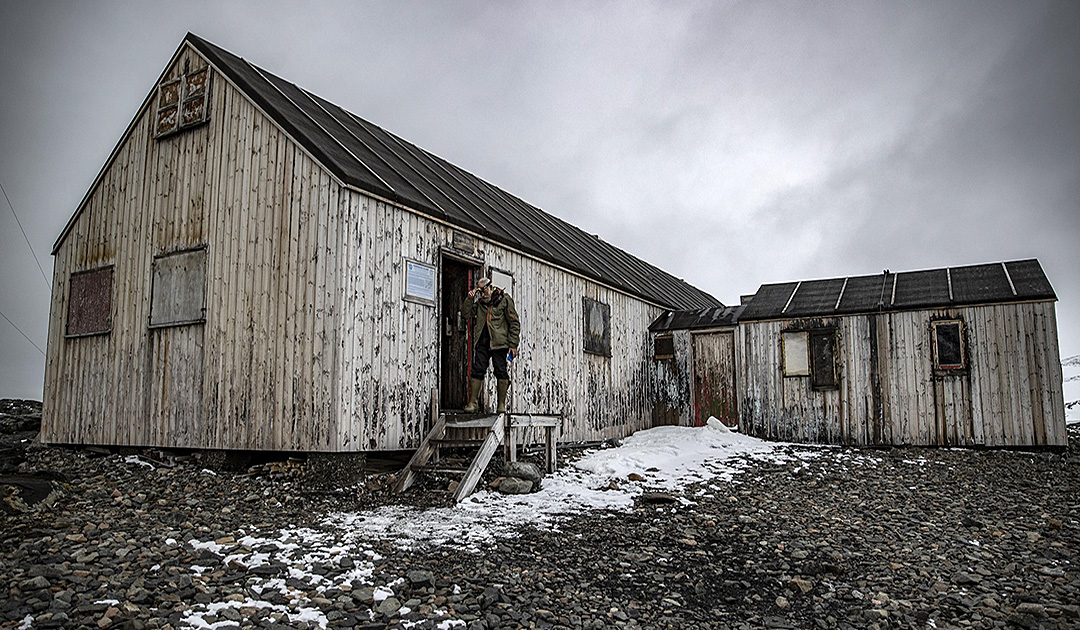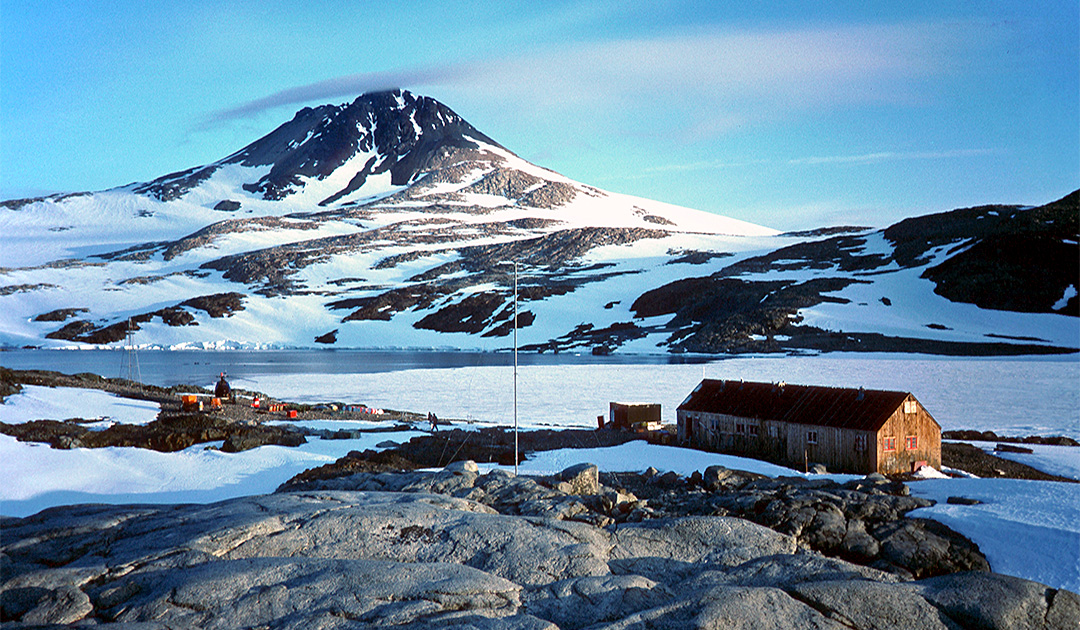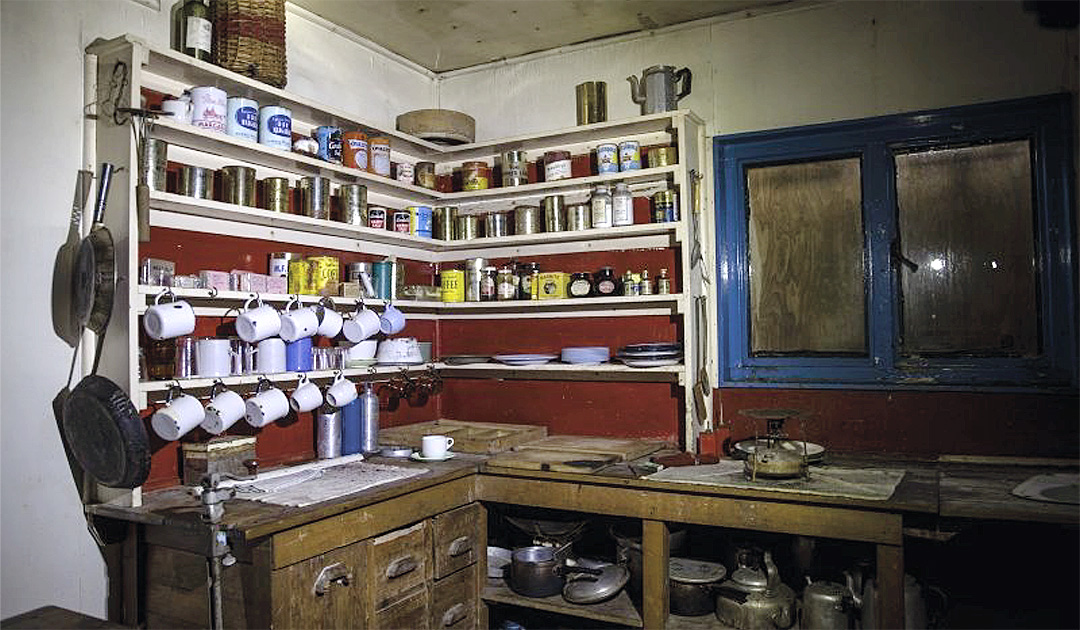
On remote Horseshoe Island on the Antarctic Peninsula stands the former British research station Base Y. Established in 1950, Station Y was used by British scientists for five years from 1955 to 1960 and has now been opened as a museum for tourists and scientists. Base Y is visited by hundreds of tourists every year despite its remote location away from the main travel routes.

Part of the effort to establish Base Y was to increase the scientific activities of the United Kingdom during the International Geophysical Year of 1957-58, during which time a number of bases were opened. This included Anvers Island (Base N), also in Marguerite Bay, which had opened the same year. Horseshoe Island (Base Y) was used primarily for geology and surveying and provided meteorological observations that linked a chain of measurement stations. At that time, extensive survey trips were made over hundreds of kilometers with dog teams and sleds.

The combined survey task of Horseshoe Island and Detaille Island (Base W) was to establish a ground control network for the aerial surveys conducted by the Falkland Islands Dependencies Aerial Survey Expedition (FIDASE) 1955-57.
In 1969, Base Y was last renovated and cleaned up by the British Antarctic Surey (BAS) in March 1995, and registered as Historic Site No. 63 under the Antarctic Treaty on May 19, 1995.
Further maintenance work on the building was carried out in March 1997. In January 2007, the abandoned station was inspected by a preservation architect for BAS. Base Y has been managed by Antarctic Heritage Trust Foundation (UKAHT) under a Memorandum of Understanding with BAS since October 2014.

The research station includes a sled workshop, radio room, dormitory, kitchen, study, infirmary, and generator room, all of which offer glimpses into the spartan, rural life of early Antarctic scientists.
Only a limited number of people may visit the base at one time and nothing in the building may be moved or touched. In the main entrance there is a guest book and visitors can sign it or leave a dedication.
Heiner Kubny, PolarJournal





